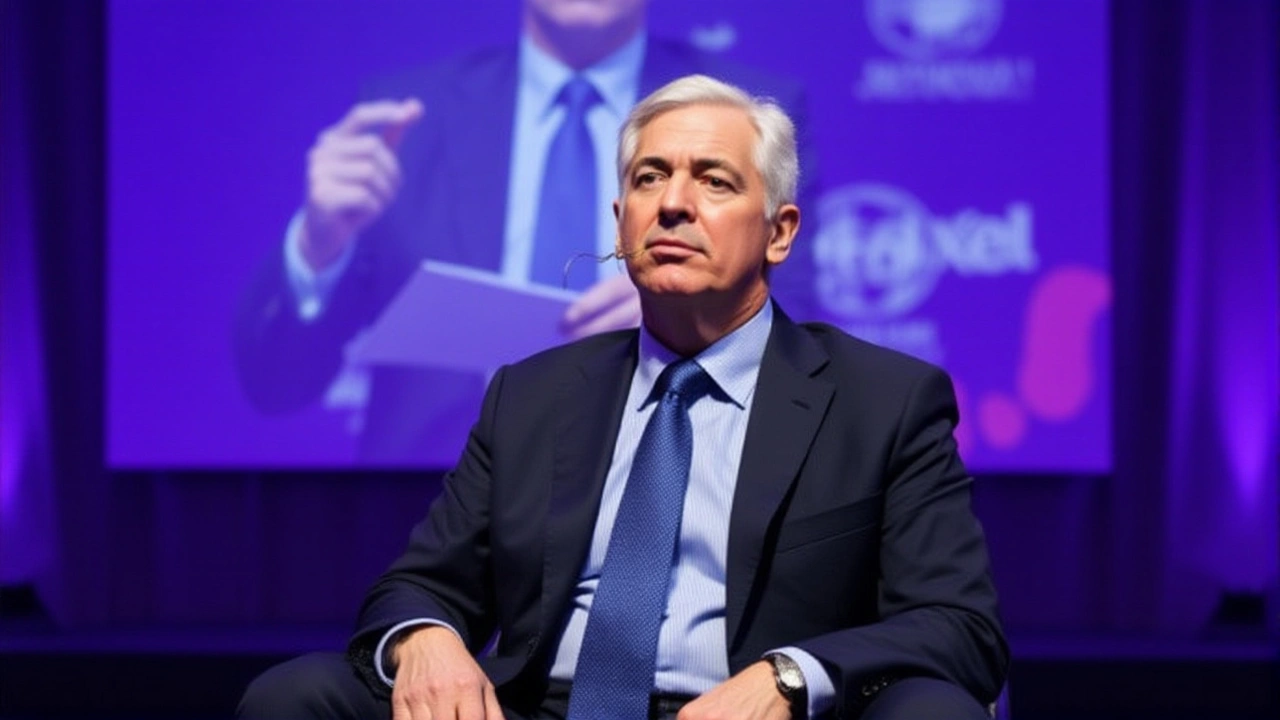Business Insights Hub
When looking at Business, the activity of creating, selling, or managing goods and services for profit. Also known as commerce, it drives economies worldwide. In plain terms, business means people or companies making money by meeting a need. That simple idea connects everything from a local café to a multinational bank. Below we break down a few key forces shaping today’s business landscape.
Key Forces Shaping Modern Business
Privatization, the transfer of public assets or services to private ownership has become a hot tool for governments looking to raise cash and boost efficiency. When a public agency hands over a $300 billion portfolio to private investors, the move doesn’t just affect the balance sheet—it reshapes competition, creates new market opportunities, and forces other firms to rethink their strategies. In practice, privatization can lower costs for consumers, but it can also raise concerns about oversight and public access.
The Mortgage Market, the network of lenders, investors, and borrowers that funds home loans is a classic example of how a single sector can dictate broader business trends. When mortgage rates climb, home‑buyers delay purchases, slowing down construction and retail sales. Conversely, cheap financing fuels housing booms, prompting developers, furniture stores, and even local governments to expand services. Tracking mortgage‑market health gives businesses a reliable early‑warning signal about consumer spending power.
One of the most visible personalities influencing both privatization talks and the mortgage market is Bill Ackman, a billionaire activist investor known for pushing large‑scale financial deals. His recent call to sell a substantial share of Fannie Mae and Freddie Mac illustrates how an individual can steer policy debates and market expectations. Ackman argues that turning these government‑sponsored enterprises into private entities unlocks value for shareholders and injects discipline into the mortgage‑backed‑securities pipeline. Whether you agree with him or not, his moves shape the conversation around risk, regulation, and profit in the finance world.
These three entities—privatization, the mortgage market, and activist investors like Ackman—don’t operate in isolation. Business encompasses all of them: a privatization deal creates a new asset class, the mortgage market decides how much cash flows into that class, and activist investors decide whether it’s time to buy or sell. In other words, each element influences the others, forming a loop that drives market sentiment and capital allocation.
Understanding this loop helps you spot opportunities before they become headlines. For example, if a government signals a large‑scale privatization, investors may start positioning themselves in related securities, pushing prices up even before the official announcement. At the same time, a shift in mortgage‑rate expectations can signal when that positioning might pay off or need to be adjusted. Finally, watching what activist investors are saying gives you clues about the timing of big moves.
Our collection of articles below digs deeper into each of these themes. You’ll find analysis of recent privatization proposals, breakdowns of how mortgage‑rate trends affect different sectors, and commentary on Ackman’s latest strategies. Whether you’re an investor, a business owner, or just curious about how big money moves, the pieces ahead will give you actionable insights and a clearer picture of today’s financial chessboard.
Ready to see how these forces play out in real‑world deals and policy debates? Scroll down to explore the full set of stories and get the context you need to stay ahead in the fast‑moving world of business.







